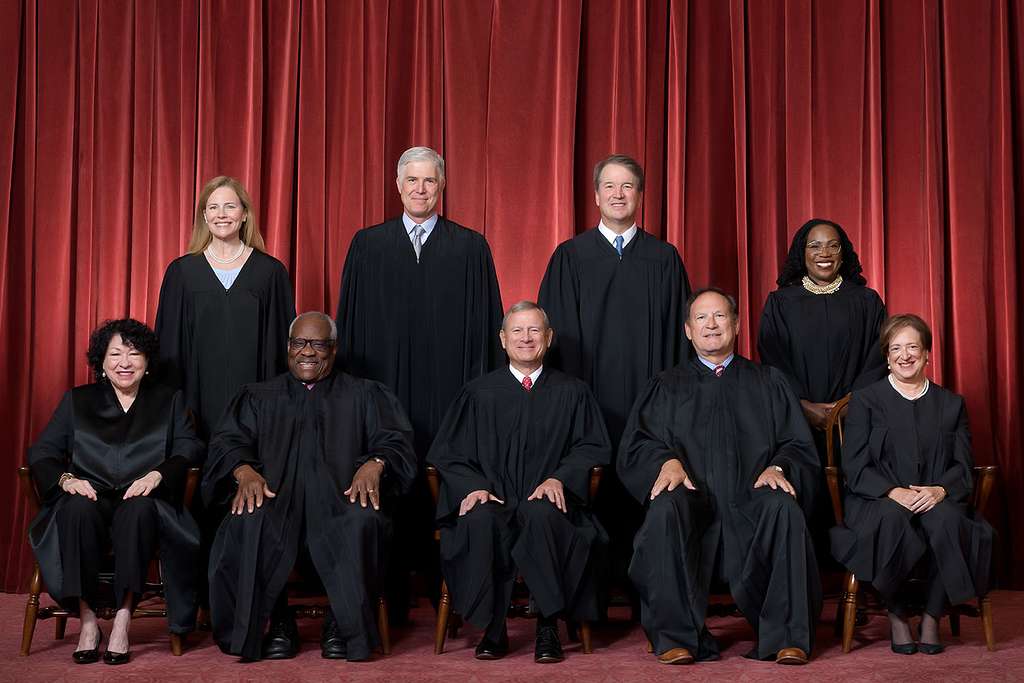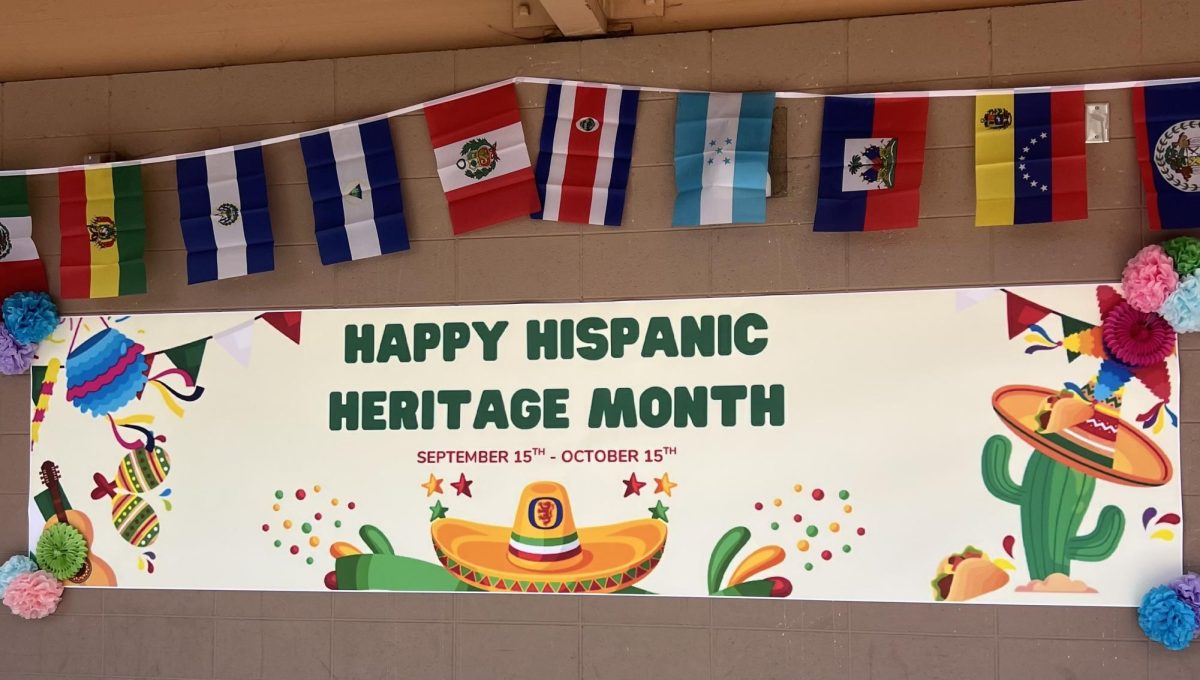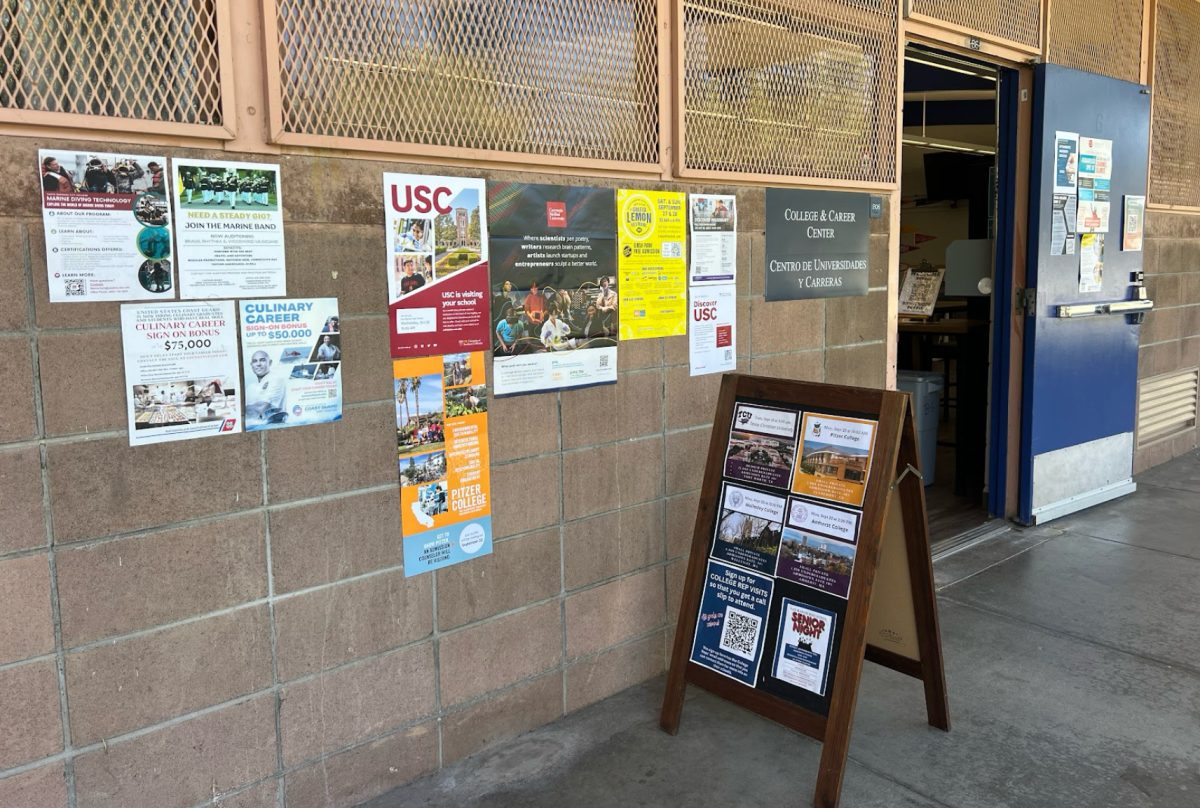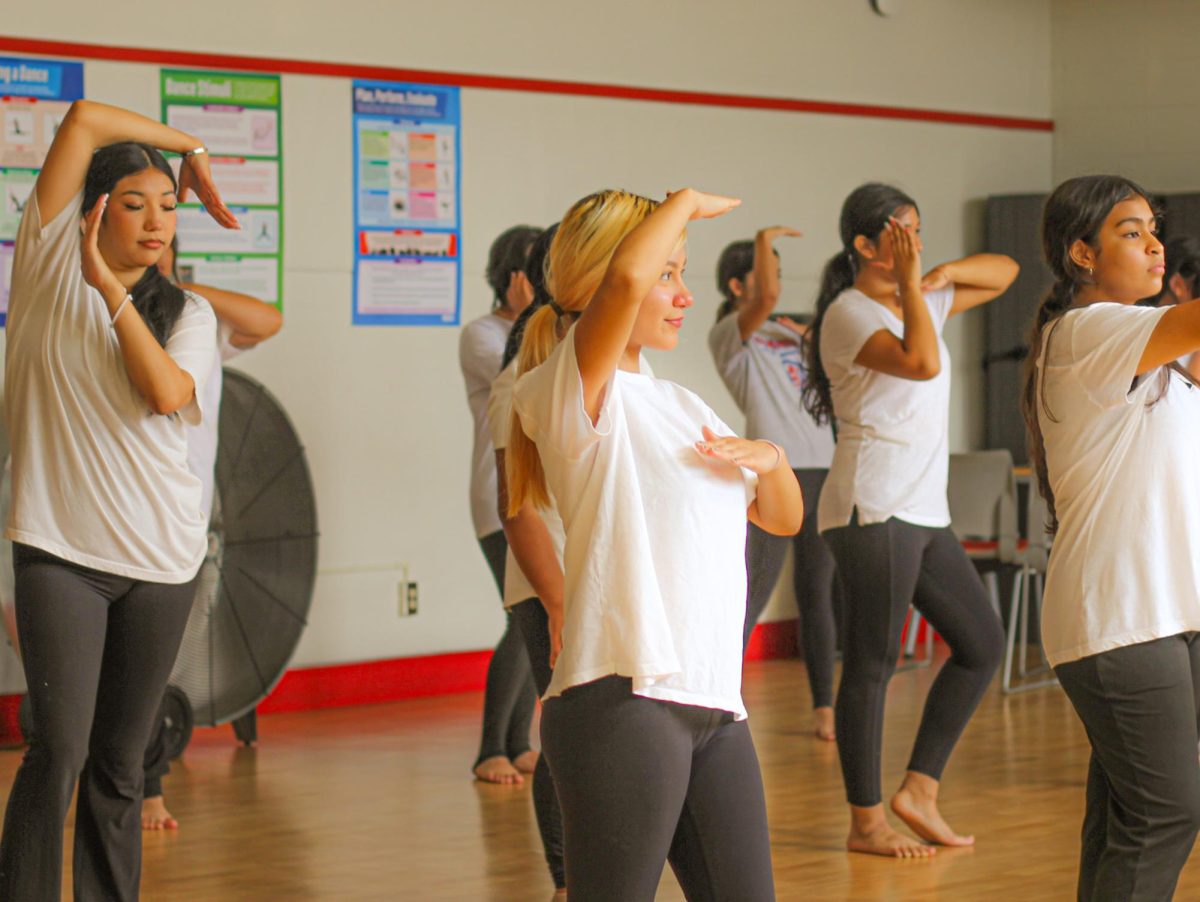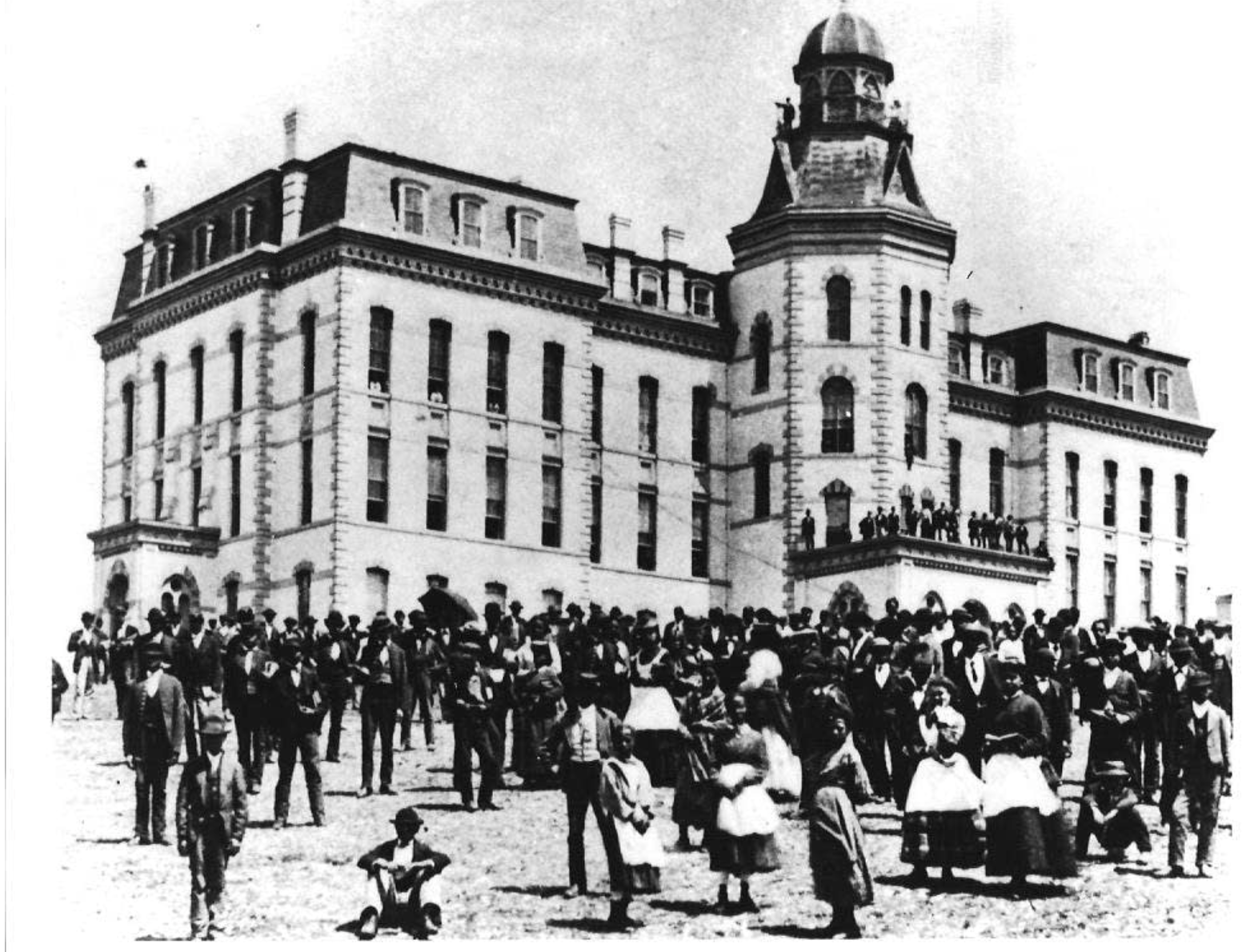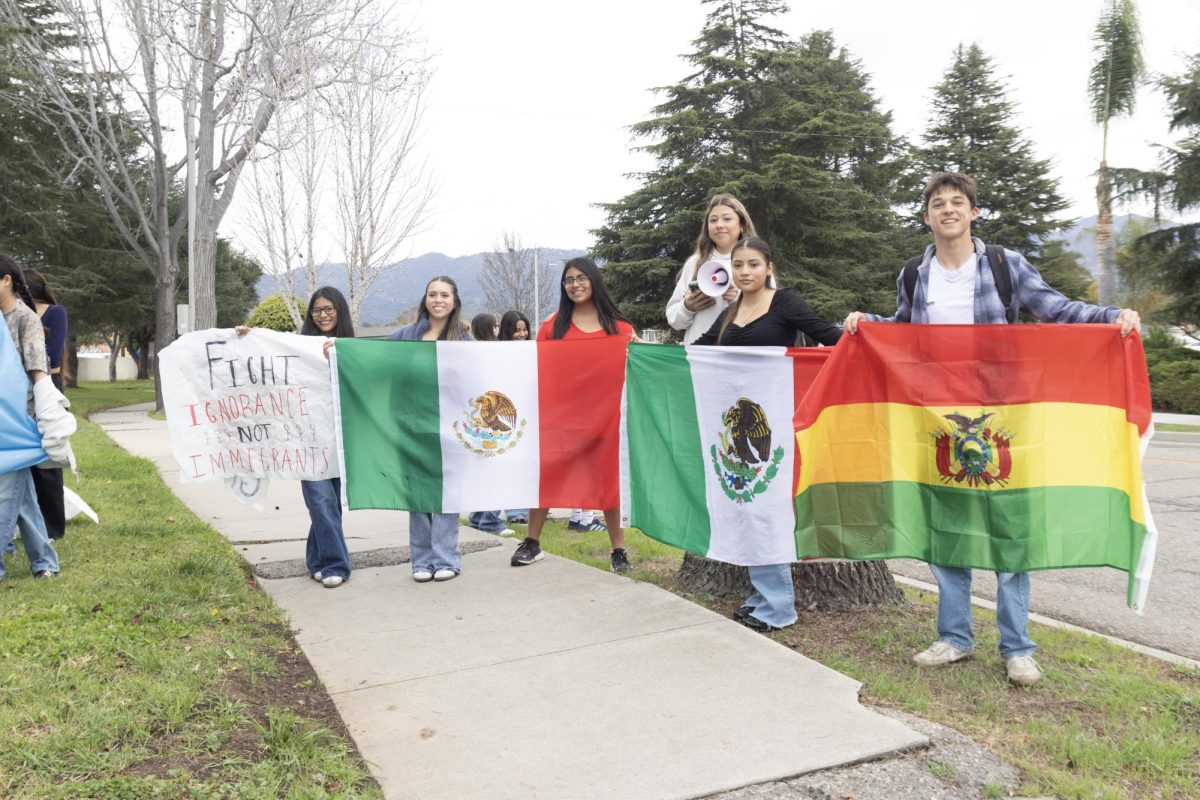On Monday, January 31st, and Tuesday, February 1st, over a dozen Historically Black Colleges and Universities (HBCUs) received bomb threats. Campus life was disrupted as the police and FBI investigated the potential danger. The situation was monitored by the White House staff who alongside law enforcement attempted to find the location and motivation behind these possible attacks. These threats came right at the start of February, which has been celebrated officially as Black History Month since 1976. We are faced with a daunting question: How much have we really changed as a society?
Black History Month is a celebration of the too often ignored sacrifices and contributions of African Americans in the United States. We honor and recognize how African Americans have shaped the past and present.
“There is no American history without African American history,” said American University executive director of the Antiracist Research & Policy Center, Sara Clarke Kaplan.
The history of America is intertwined with African American experience, and separating the two is impossible. This year specifically, the emphasis is on African American health care providers who have done so much for our country, especially during the pandemic. While we should teach and celebrate Black History year around, an assigned month of focus is powerful. Black History Month has come a long way since the idea first surfaced in 1826. Carter G. Woodson wanted to make Black History a serious topic of study, and decided that a designated week to celebrate would be the best course of action. Forty years later, the idea blossomed into what is now Black History Month, and President Gerald R. Ford made it official in 1976.
“I’m thankful we have a month where we can fully appreciate and recognize black history, but I hope that this appreciation isn’t limited to this month,” said senior at San Marcos, Shakir Ahmad. “That recognition should be present year round.”
Clearly, not all Americans are on board with the concept of Black History Month. HBCUs have had no shortage of challenges throughout their history, and receiving bomb threats as Black History Month begins is one more to add to the list. With this new challenge, the college administrations prove their bravery, optimism, and belief in the future.
“Our history has been one where we have endured all kinds of challenges and disruptions,” said Davis Wilson, the President of Morgan State University. “We have always emerged stronger.”
Although these colleges and universities are staying strong, it is surprising that they are still facing these challenges in the 21st century. For over 200 years, human beings were considered property solely because of the color of their skin. Our constitution stated that people of African descent were only three fifths of a person. With the conclusion of the Civil War in 1865, about 3.9 million African American slaves were set free. Since then, they have had to fight for their basic human rights in America. The Civil Rights Movement in the 1950s and 60s made strides toward equality, but the segregation and oppression ingrained into our society has seemed nearly impossible to fight through. Despite facing oppression every single day, African Americans in our country have managed to stay hopeful and achieve incredible things.
Thomas Edison is a household name due to being credited with the invention of the lightbulb, and most people have probably never even heard of the name Lewis Latimer. Latimer invented the carbon filament that allowed light bulbs to be functional. He was just as influential, if not more so, than Edison, but he has received little to none of the credit. This is one of countless instances where African American achievement has been overlooked in our society. That is what Black History Month is all about, honoring and learning what African Americans have done for America.
How much have we changed as a society? Dozens of schools have recieved bomb threats because they have had a traditionally African American student body. Black men are 2.5 more likely to be killed by police in their lifetime than white men. Unemployment rates are four percent higher for African Americans than white individuals. The poverty rate for African Americans is eleven percent higher than that of the white population. Only 57 of the 535 people in the US Congress are black. We have had one black President. It is 2022, racism is still here, and it is not even trying to hide.
This month, take the time to learn about achievements by African Americans and help celebrate their culture. Knowledge is the first step towards change, and understanding their struggles and triumphs can help us get closer to equality in America. Read and watch the news, educate yourself, and spread the word. In America, we take pride in and value liberty and equality, maybe it is time to ask ourselves if we’re living up to them.


